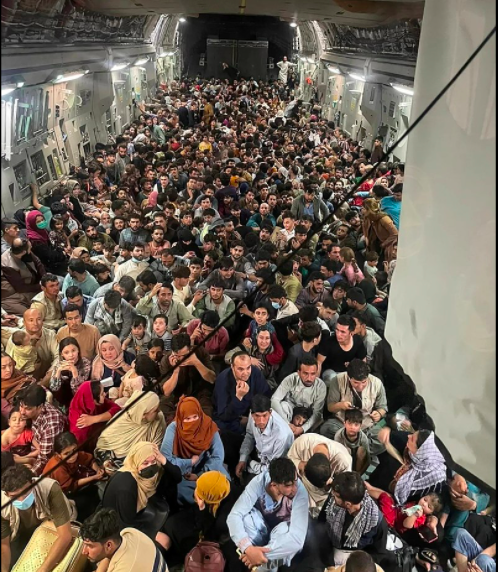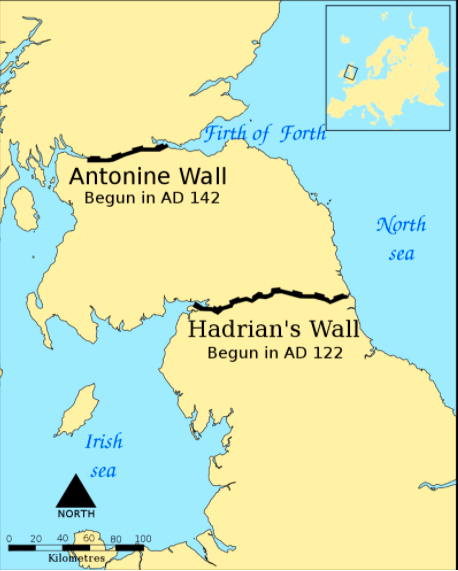Afghanistan: Why the surprise?
Despite the gargantuan amounts of money spent on intelligence by the Yanks, the Poms, the Aussies, and others, the biggest surprise is that it came as such a surprise.

Even blind Freddy could have seen it coming: on 15 August, the Afghan government collapsed and the Taliban seized Kabul. The jihadists are back in town. And the chaos continues as the United States and Western allies struggle with finding ways to evacuate as many of their left-behind citizens and loyal Afghan staff as possible.

When France began to pull out personnel in May, even friendly countries accused them of defeatism, and of hastening the Afghan regime’s collapse.
But “impressive foresight”, is how a former British ambassador to France described the French evacuation, and there has been quiet satisfaction in Paris.
Afghanistan: all about interpretation?
Interpretation, it seems, is the key.
It’s what the security experts read into—or are told to read into—the raw data. And the French saw things differently. So did the Germans, the Poles the Dutch, the Italians, the Spanish, and a clutch of smaller EU countries. By June they were all on their bikes back home.
- The UK, it seems, has now woken up to how tenuous the Special Relationship is between Britain and America. The lack of consultation concerning the decision to withdraw US troops came as quite a shock. This has not stopped certain UK politicians from clinging to the shadows of the alliance’s former dominance in world affairs.
- But like President Obama, the Biden Administration has been generally skeptical of Brexit. And not entirely happy with the way Boris tried to cozy up to Donald when he said that Trump would be worthy of consideration for the Nobel Peace Prize if he fixed Korea and Iran. Nor did he like some of the things the PM said about Hilary. Like when he compared her to “a sadistic nurse in a mental hospital.”
- Biden also believes the Peace Process is being tested by differences between unionists and nationalists in Northern Ireland. And he’s not alone in thinking that Brexit has started the Scottish Nationalists thinking about raising the height of Hadrian’s Wall. Even Welsh nationalists have started muttering about independence. Are a few dark clouds building up over the UK Union?

Brexit: complication and confusion
But the biggest change Brexit has brought is that Britain is no longer one of the big three in Europe, with far fewer strategic and trade friends than anticipated around the world. And the bigger question remains unanswered: is the UK still number two alongside America across the Pond?
During the Afghan debacle, some of the inane remarks made by senior politicians and military chiefs make the oddballs Alice met in Wonderland seem like sane, normal, and even brilliant characters.

Here are just a few examples of what was said:
- In July, the British PM said, “There is no military path to victory for the Taliban.”
- In September the head of Britain’s armed forces said, “They’re going to need a bit of help to run a modern state effectively. If they behave, perhaps they’ll get some help.”
- The Home Secretary said the Government is “absolutely dedicated and committed” to ensuring that people who do not escape Afghanistan ahead of the withdrawal will be able to make safe journeys to resettle in the UK later. But she refused to confirm whether or not the Home Office had a plan to ensure safe routes for Afghan refugees.
- The Foreign Secretary told UK MPs that, based on an assessment by the joint intelligence committee, he believed the Afghan capital would remain safe “until next year.” But he then added that the UK was “caught out and surprised by the scale and speed of the fall of Kabul.”
- The United Nations High Commission for Refugees estimates that up to half a million refugees will try to escape from Afghanistan in the coming months. But the message from all of Afghanistan’s neighbours and much of Europe is that Afghan refugees are not welcome. Despite this, the UK Defense Secretary suggested that Afghans who want to flee to Britain might be better off “trying to get to the border” rather than waiting for RAF evacuation flights.
France: highest security alert since bataclan
Meantime, France is on its highest security alert and the French news is choked with coverage of the impending trial of a squad of jihadist killers.
France’s deadliest peacetime atrocity on November 15, 2015, was a night of carnage in Paris. 130 people were killed and 350 wounded when Islamist suicide bombers and gunmen attacked the Stade de France stadium, the Bataclan concert hall, and bars and restaurants in central Paris. The attacks were planned in Syria and some of the attackers had returned to Europe among the flow of refugees from the Middle East.


Afghanistan today
And now that the Taliban is back in business in Afghanistan, all of us have been bumped into a far more dangerous place.
We can only hope that one day the West learn that nation-building is a long hard road—and it’s better to focus on exporting compassion, understanding, friendship, and tolerance—rather than war, war, war.
Drones and landmines have great difficulty telling the difference between a wedding party and a group of terrorists.
And you can’t bomb a country into believing that democracy is a good idea.
Afghanistan in 2021 – Did you see it coming or was it a surprise to you? Please share your thoughts with Ray in the comments below.
Image credits:
1. Chaos in Kabul: Kabul Airport uplift 15 august 2021 via wikipedia
A U.S. Air Force C-17 Globemaster III safely transported approximately 640 Afghan citizens from Hamid Karzai International Airport on August 15, 2021. At first, it had been reported that the crew took 640 Afghans out of Kabul but the true number was 823 and includes 183 children whose presence on board wasn’t previously accounted for.
2. Allied soldiers help a child at Kabul Airport via wikipedia
American, British, and Turkish soldiers assisting a child evacuating from Kabul Airport, 20 August 2021
3. Hadrian’s Wall: Will it become a real border? via wikipedia
4. Boris and Joe: Still mates? via wikimedia
The location of Hadrian’s Wall in what is now northern England, and the later Antonine Wall in modern-day Scotland
5. Bataclan Concert Hall in Paris via wikipedia
The Bataclan theatre in 2009
6. Civil Service of Remembrance in Paris via wikipedia
Civil service in remembrance of the attack victims at the Place de la République on 15 November 2015






